Introduction to the Anehime Pepper
The anehime pepper is a rare Japanese chili variety known for its distinctive sweet-smoky flavor profile with moderate heat (1,000-3,000 Scoville Heat Units). Originating from Japan, this pepper offers a balanced experience where gentle warmth is complemented by citrusy sweetness and smoky depth, making it ideal for those seeking flavor complexity without intense spice. Unlike hotter peppers, anehime delivers nuanced taste that enhances dishes without overwhelming the palate.
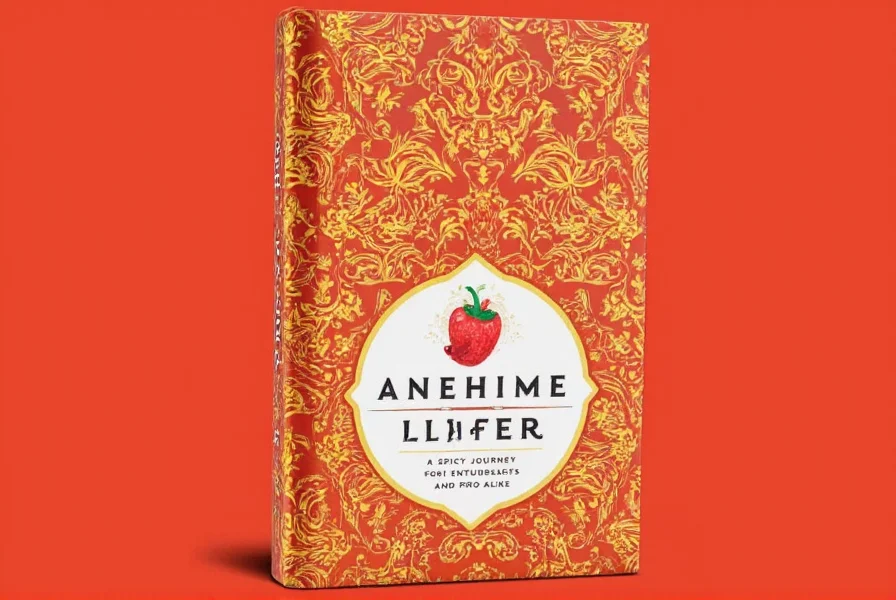
Table of Contents
Spice Profile and Flavor Notes
One of the most fascinating aspects of the anehime pepper is its complex flavor. Unlike the typical fiery heat of jalapeños or habaneros, the anehime brings a more nuanced experience. It's often described as having a sweet, slightly citrusy base with a smoky undertone that lingers on the palate. The heat level is generally mild to medium, making it a great choice for those who enjoy a little kick without the overwhelming burn.
To give you a better idea of how the anehime pepper stacks up against other peppers, here's a quick comparison table:
| Pepper | Heat Level (Scoville Units) | Flavor Profile |
|---|---|---|
| Anehime Pepper | 1,000 - 3,000 | Sweet, citrusy, smoky |
| Jalapeño | 2,500 - 8,000 | Mildly spicy, grassy |
| Habanero | 100,000 - 350,000 | Very hot, fruity, floral |
| Poblano | 1,000 - 2,000 | Mild, earthy, slightly sweet |
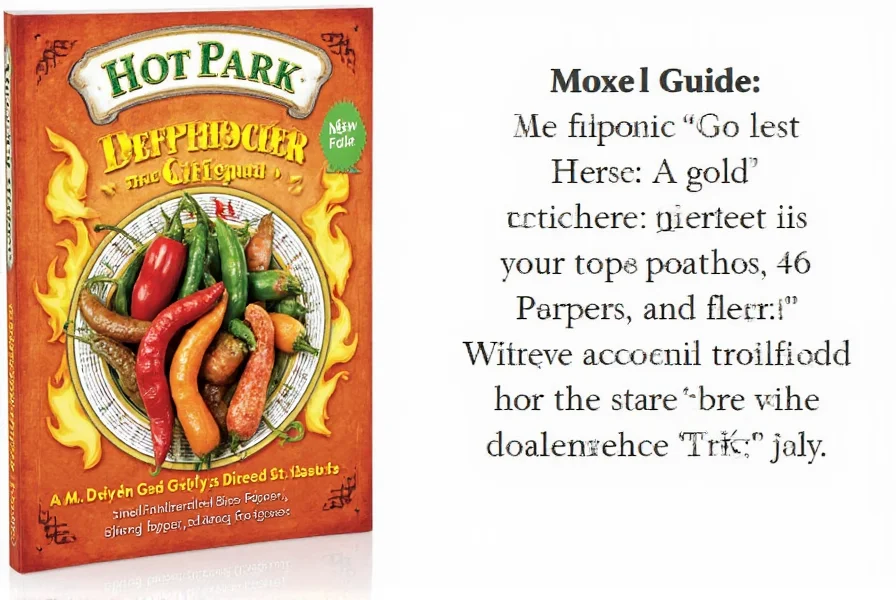
Cooking Uses and Pairings
The anehime pepper is incredibly versatile in the kitchen. Its sweet and smoky notes make it a perfect addition to salsas, sauces, and even desserts. It pairs well with ingredients like tomatoes, onions, garlic, and various cheeses. You can use it fresh, dried, or ground into a powder for different applications.
Here are some popular ways to incorporate the anehime pepper into your cooking:
- Salsa: Add chopped anehime peppers to your favorite salsa for a unique twist. Their sweetness balances out the acidity of tomatoes and lime.
- Marinades: Use the pepper in marinades for grilled meats or vegetables. The smoky flavor adds depth and complexity.
- Seasoning: Sprinkle anehime pepper powder over roasted vegetables, popcorn, or even grilled cheese for a flavorful punch.
- Hot Sauce: Blend the peppers with vinegar, garlic, and salt to create a homemade hot sauce that's both spicy and sweet.
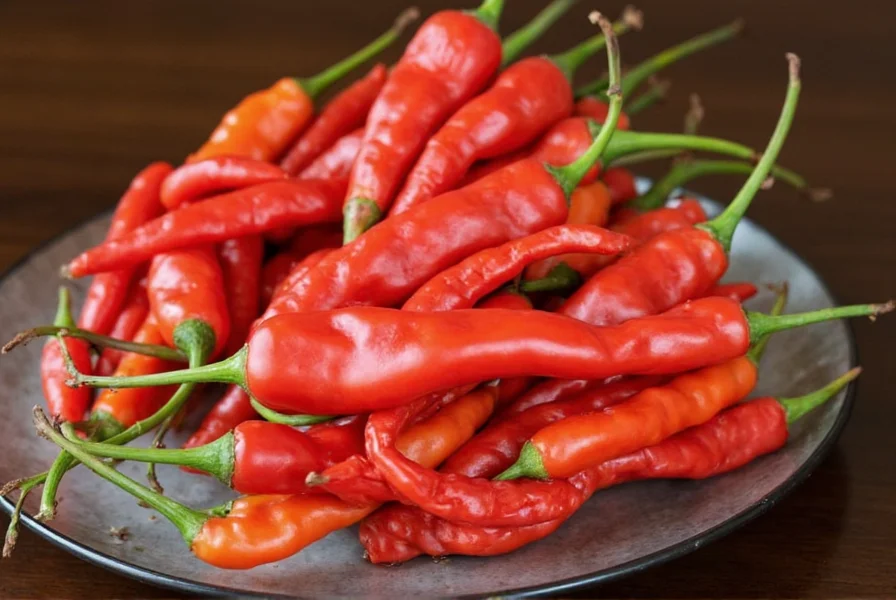
Buying Guide: How to Choose the Best Anehime Pepper
If you're looking to try the anehime pepper, knowing where to buy and what to look for is key. Here's a detailed guide to help you choose the best product:
Product Features
- Origin: Look for peppers that are labeled as Japanese-grown or sourced from Japan, as this is where the anehime pepper originates.
- Quality: Choose peppers that are firm, bright red, and free from mold or blemishes.
- Processing: Decide whether you want fresh, dried, or powdered peppers. Fresh peppers offer the most vibrant flavor, while dried or powdered versions are more convenient for storage.
Advantages
- Versatile: Suitable for both culinary and decorative purposes.
- Unique Flavor: Offers a distinct taste that sets it apart from other peppers.
- Low Heat: Ideal for those who prefer milder spiciness without sacrificing flavor.
Use Cases and Target Audience
- Chefs: Great for experimenting with new flavors and creating signature dishes.
- Home Cooks: Perfect for adding a touch of exotic spice to everyday meals.
- Spice Enthusiasts: A must-have for anyone interested in exploring global spices.
Suitable Occasions
- Weekend Cooking: Try using anehime peppers in a special weekend meal or dinner party.
- Gift Giving: A package of anehime peppers makes a thoughtful and unique gift for food lovers.
- Culinary Classes: Incorporate it into cooking classes or workshops to introduce students to new flavors.
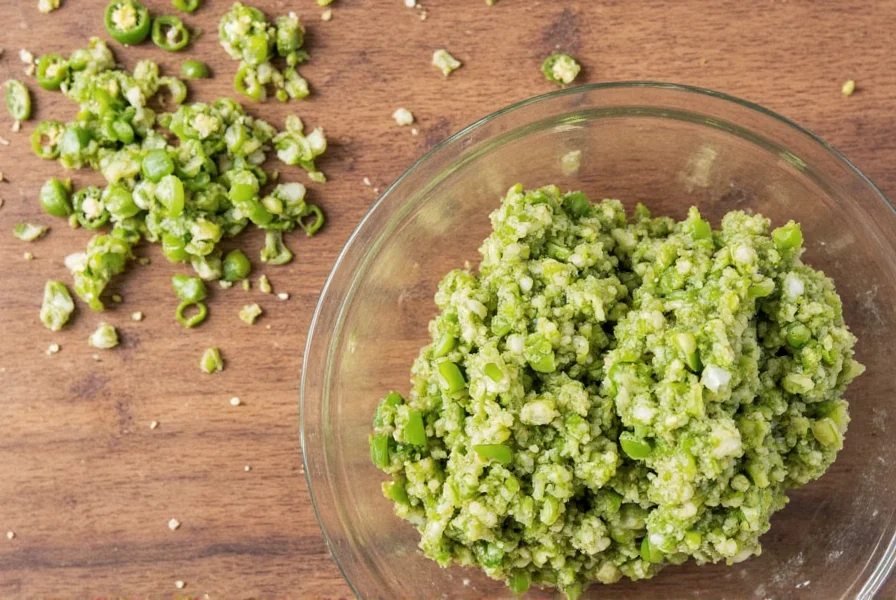
Practical Tips for Using Anehime Pepper
Whether you're a seasoned cook or just starting out, these tips will help you get the most out of the anehime pepper:
- Start Small: Since the anehime pepper has a unique heat level, start with a small amount and adjust to your taste.
- Pair with Acid: Balance its sweetness with acidic ingredients like lemon juice or vinegar to enhance the overall flavor.
- Experiment: Don't be afraid to experiment with different recipes. The anehime pepper works well in both traditional and modern dishes.
- Store Properly: Keep dried or powdered anehime peppers in an airtight container away from light and moisture to maintain their potency and flavor.
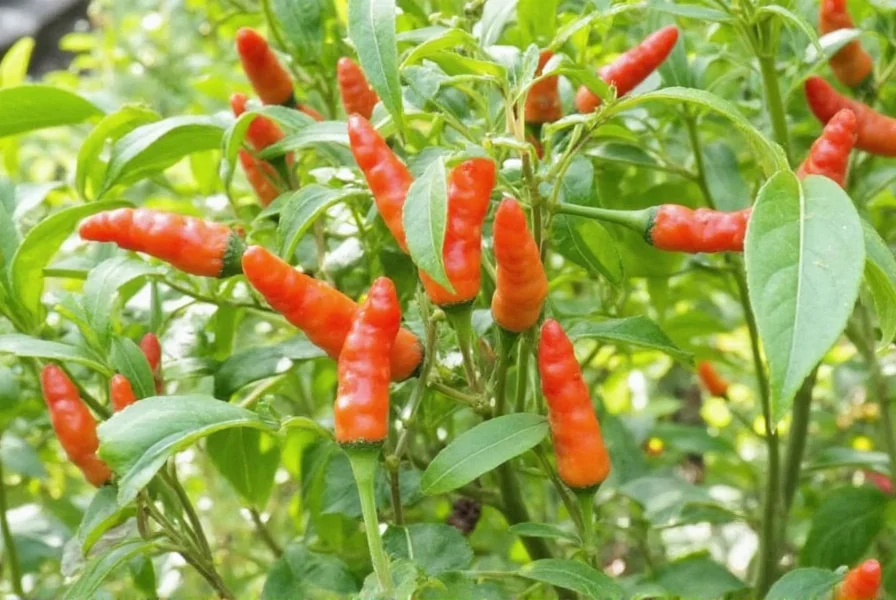
Frequently Asked Questions
What is an Anehime pepper exactly?
The Anehime pepper is a rare Japanese chili variety known for its distinctive sweet-smoky flavor profile with moderate heat. It's part of Japan's rich culinary heritage of specialty peppers, cultivated primarily in certain regions of Japan. Unlike many popular chili varieties, Anehime offers a more nuanced flavor experience with citrus notes alongside its gentle heat.
How hot are Anehime peppers compared to other common peppers?
Anehime peppers rate between 1,000-3,000 Scoville Heat Units, placing them in the mild to medium heat range. They're comparable to poblanos in heat level but offer a more complex flavor profile with citrus and smoky notes. They're significantly milder than jalapeños (which start around 2,500 SHU) and much less intense than habaneros (100,000-350,000 SHU).
Where can I purchase authentic Anehime peppers?
Authentic Anehime peppers can be found through specialty online spice retailers, Japanese food importers, and select gourmet grocery stores. When purchasing, look for products that specify Japanese origin. Some farmers' markets in larger cities may carry them seasonally. For dried or powdered versions, check reputable spice companies that specialize in international varieties.
How should I store Anehime peppers to maintain freshness?
Fresh Anehime peppers should be stored in the refrigerator's crisper drawer in a paper bag for up to 2 weeks. For longer storage, you can freeze whole peppers for up to 6 months. Dried peppers or powder should be kept in airtight containers away from light and moisture, which will preserve their flavor for 6-12 months. Avoid storing near heat sources like stoves or in direct sunlight.
Can I grow Anehime peppers myself?
Yes, Anehime peppers can be grown from seeds, though they may be difficult to source outside Japan. They require similar growing conditions to other chili peppers—plenty of sun, well-draining soil, and consistent moisture. The plants typically mature in 70-90 days. If you're in a cooler climate, consider growing them in containers that can be moved indoors during colder months.
What are good substitutes if I can't find Anehime peppers?
If Anehime peppers aren't available, a combination of poblano peppers (for mild heat and earthiness) with a touch of smoked paprika (for the smoky element) can approximate the flavor profile. Alternatively, a mixture of sweet bell peppers with a small amount of chipotle pepper can provide a similar sweet-smoky balance with moderate heat.
Are Anehime peppers suitable for people with sensitive palates?
Yes, Anehime peppers are particularly well-suited for those with sensitive palates due to their relatively low heat level (1,000-3,000 SHU). The heat is described as gentle and approachable, with the sweet and smoky flavors dominating the experience. Many people who typically avoid spicy foods find Anehime peppers enjoyable because of their balanced flavor profile.
Conclusion
The anehime pepper is more than just a spice—it's a gateway to a world of flavor and culinary creativity. With its sweet, smoky, and mildly spicy characteristics, it has the potential to transform your cooking and expand your spice repertoire. Whether you're a professional chef or a home cook, the anehime pepper is a valuable addition to your pantry. So, why not give it a try? Your taste buds will thank you!











 浙公网安备
33010002000092号
浙公网安备
33010002000092号 浙B2-20120091-4
浙B2-20120091-4